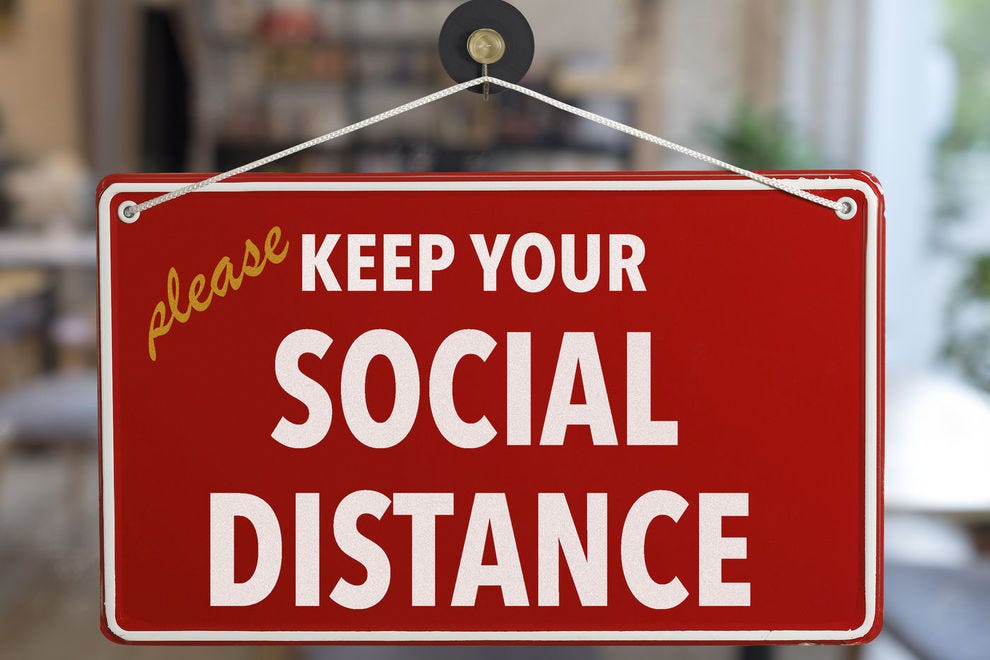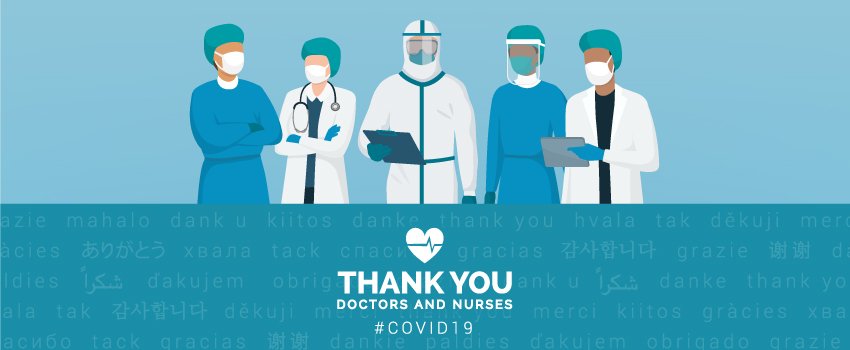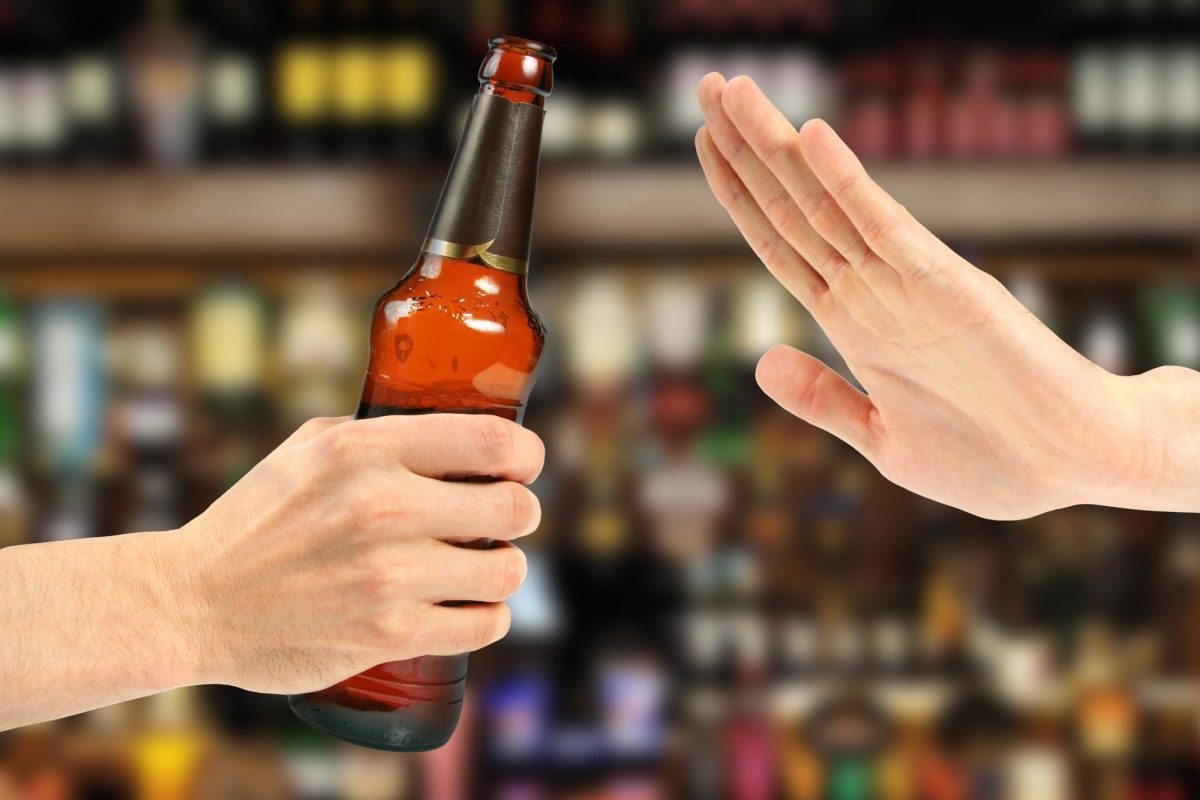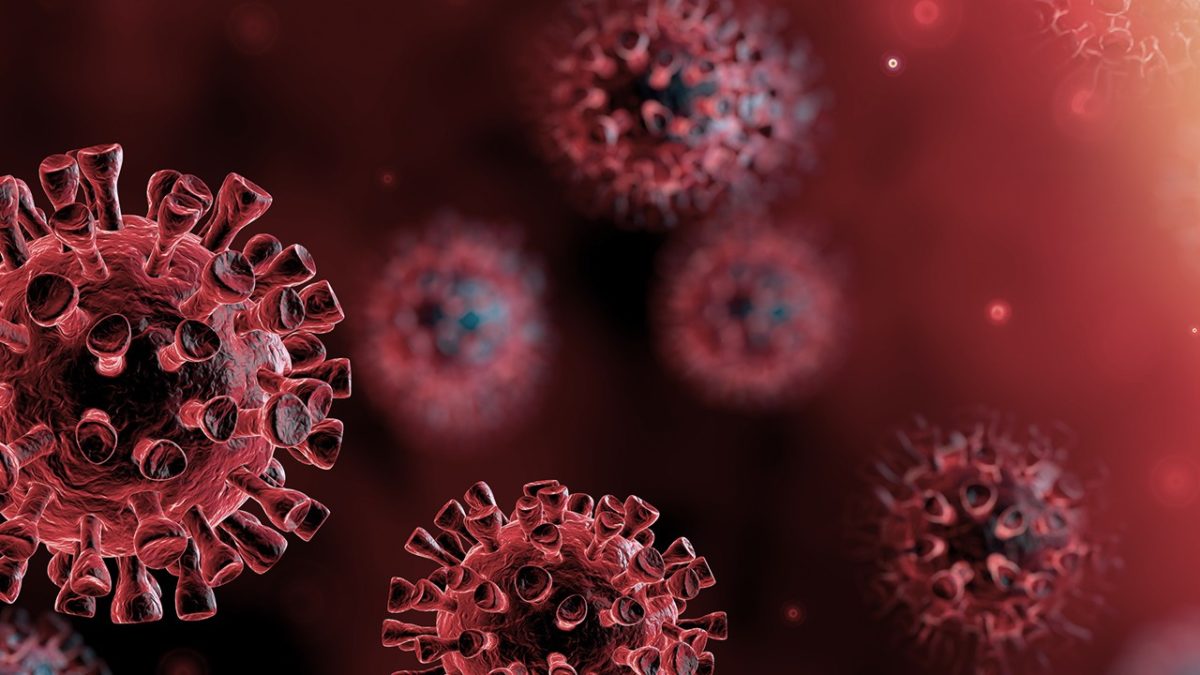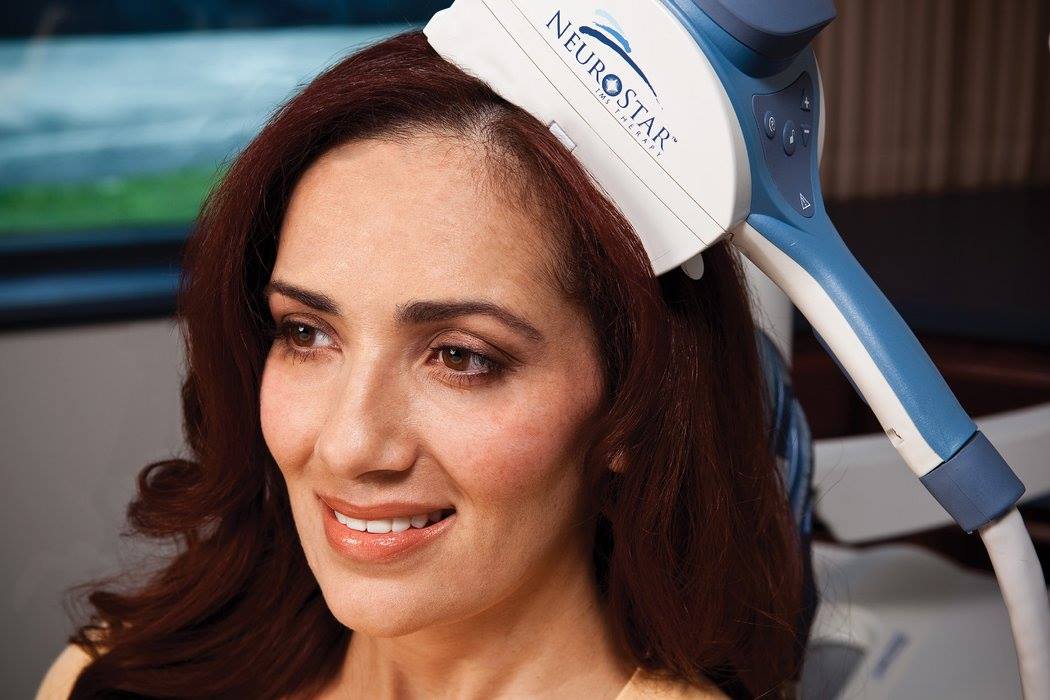Ketamine – that’s an anesthesia, isn’t it? Correct.
But did you know that in sub-anesthetic doses it is also a promising treatment option for pain and depression?
Let’s start at the beginning.
What is Ketamine and how does it work?Ketamine is a medication primarily used for anesthesia. It is an antagonist of the NMDA receptors in the brain which are responsible for the anesthetic, analgesic and psychotomimetic effects. Although it’s not entirely clear how ketamine works in the treatment of depression, here’s what the scientists think. The binding of the NMDA receptors increase the neurotransmitter glutamate. This then activates the AMPA receptor. Together, the blockade of NMDA receptors and activation of AMPA receptors leads to the release of other molecules that allow neurons to communicate better. This process is called synaptogenesis and synaptic potentiation, and is the process that is thought to affect mood, thought patterns and cognition.
What is Ketamine being used for in psychiatry?Ketamine is being used for the management of treatment-resistant depression, bipolar disorder, obsessive compulsive disorder, and post-traumatic stress disorder.
How is Ketamine administered?At this time, Ketamine is available in multiple formulations, although the intranasal (esketamine) and intravenous routes have the most compelling evidence for the treatment of depression. Whether intranasal or intravenous, repeated dosing is necessary to maintain a therapeutic benefit.
If you’re wondering which is better, there are no current head-to-head studies comparing the two.
Can Ketamine be used alone?Multiple studies have demonstrated compelling evidence of Ketamine’s effect in treatment-resistant depression. Intranasal esketamine is typically co-administered with an antidepressive medication. Intravenous Ketamine can be administered as monotherapy or adjunctively with a psychotropic regimen.
How is Ketamine tolerated?Overall, Ketamine is well-tolerated. It has a rapid onset (within 1-2 days) and has been shown to have a rapid reduction in suicidal ideation and depressive symptoms.
The most common side-effect noted with Ketamine administration is dissociation. Individuals describe it as a perceptual disturbance or “abnormal sensation”, but studies have shown no deficits in cognitive function with Ketamine use. For the most part, any changes in perception or dissociation are most noticeable during the first infusion and improve quickly afterward.
Other side effects include high blood pressure, nausea and vomiting.
At this time, the long-term effects of Ketamine are unknown.
In Conclusion…Ketamine and esketamine represent novel treatment avenues for treatment-resistant depression and other psychiatric disorders. Although the long-term effects are still unknown, multiple studies have demonstrated the efficacy of sub-anesthetic doses of Ketamine in the treatment of psychiatric disorders.
Still have questions? Visit the Ketamine section of our website for more information.
If you are battling treatment-resistant depression and want to know if Ketamine is a treatment option for you, call (913) 381-8555 and make an appointment.
References:
McIntyre RS, et al. Synthesizing the evidence of ketamine and esketamine in treatment-resistant depression: an international expert opinion on the available evidence and implementation. Am J Psychiatry 2021;178:383-399.
Moda-Sava RN, et al. Sustained rescue of prefrontal circuit dysfunction by antidepressant-induced spine formation. Science 2019;Vol 364, Issue 6436


